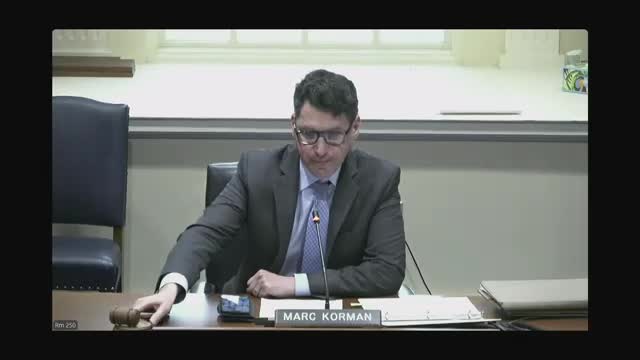Article not found
This article is no longer available. But don't worry—we've gathered other articles that discuss the same topic.
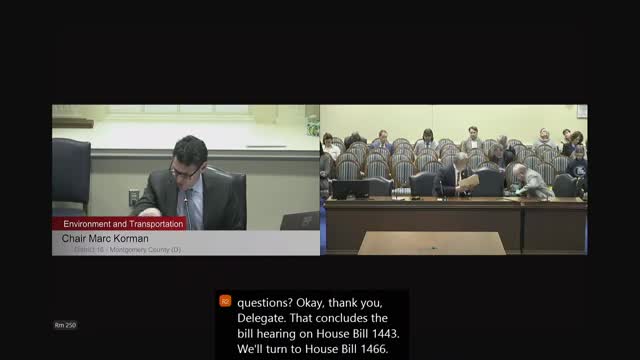
Accessory Dwelling Unit Bill Advances After Task Force Work; Sponsors Urge Local Flexibility and Safety Standards
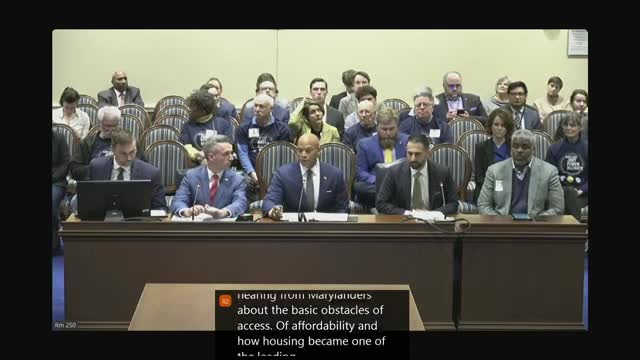
Governor Moore and Allies Seek Objectivity, Speed in Permitting to Boost Housing; Counties and Municipalities Seek Carve‑outs
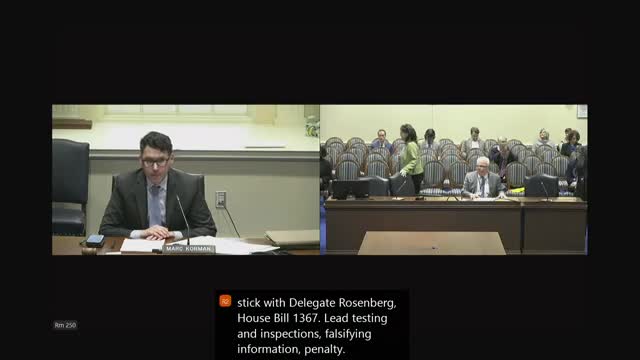
Lawmakers Hear Bill to Raise Penalties for Falsified Lead Test Results After MDE Lawsuit
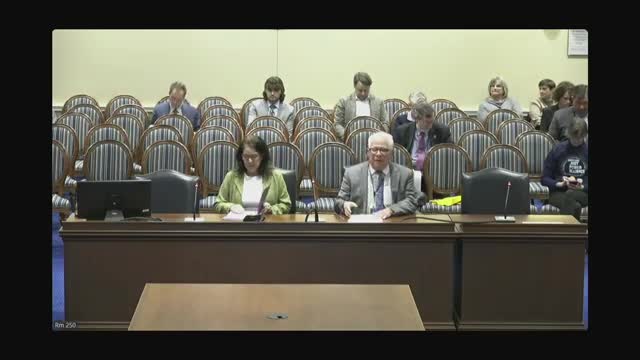
Bill Would Require Housing Counseling When State Funds Construct or Rehab Housing; Counselors Ask For Stable Funding
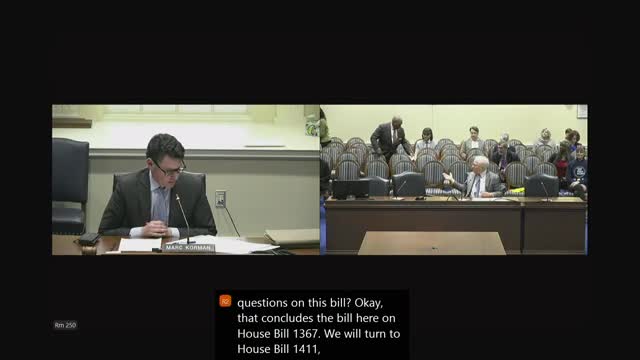
Sponsor Proposes Study of Condominium Reserve Shortfalls After Local Presidents and Condo Owners Flag Aging Buildings
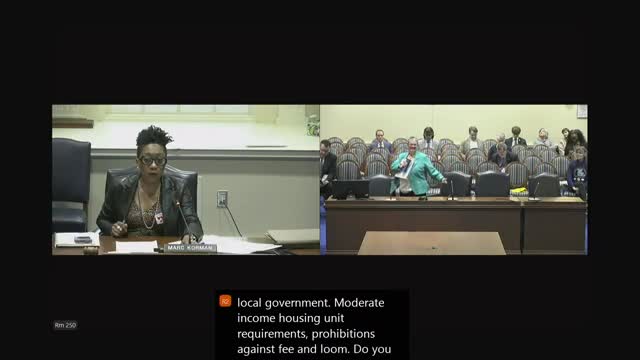
Delegate Tarasa Proposes Ban on Fees‑in‑Lieu to Force Production of Inclusionary Affordable Units
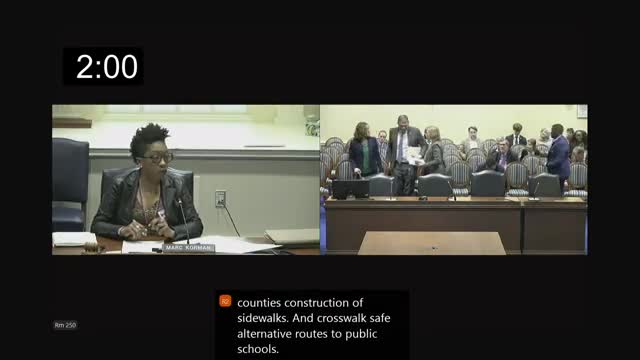
Bill Would Require Counties to Map and Build Safe Alternate Routes for Students; Counties Raise Implementation Concerns
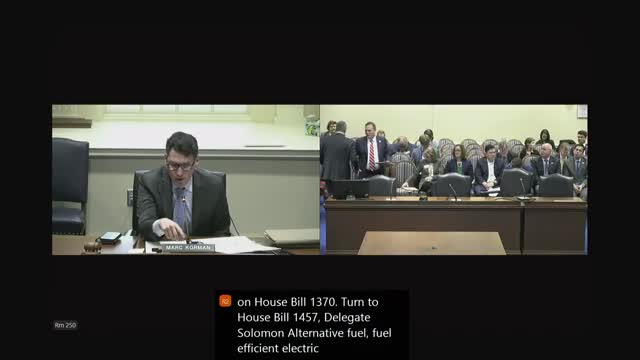
Highway Use Fee Bill Seeks to Capture Declining Gas‑Tax Revenue; Backers Call It Fairer, Critics Warn of Complexity
